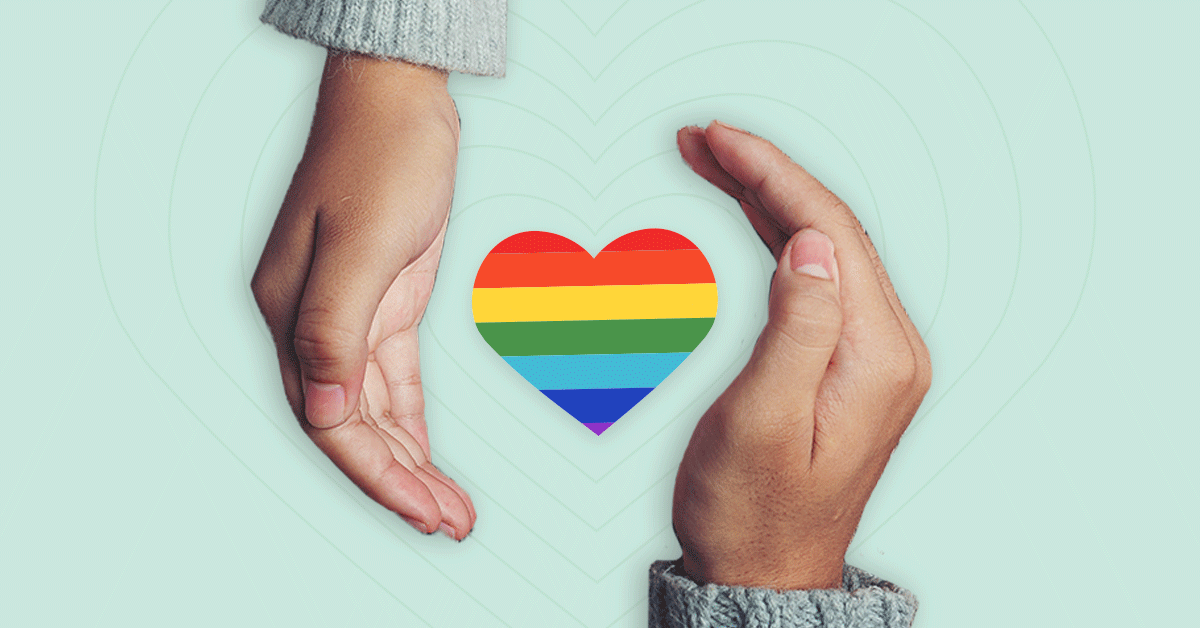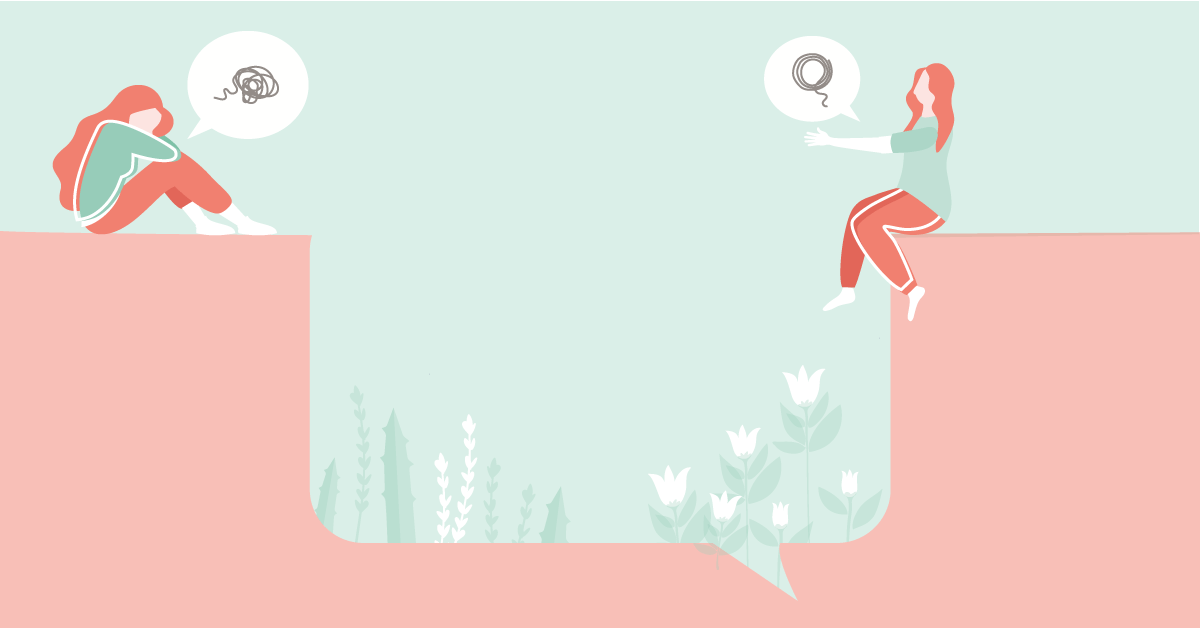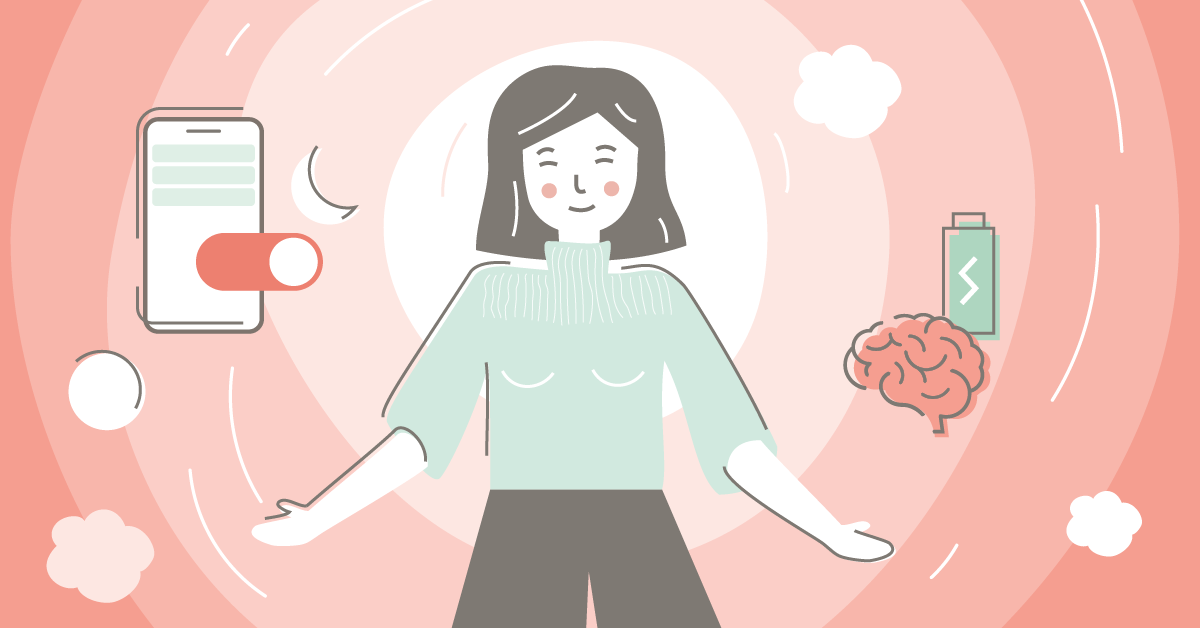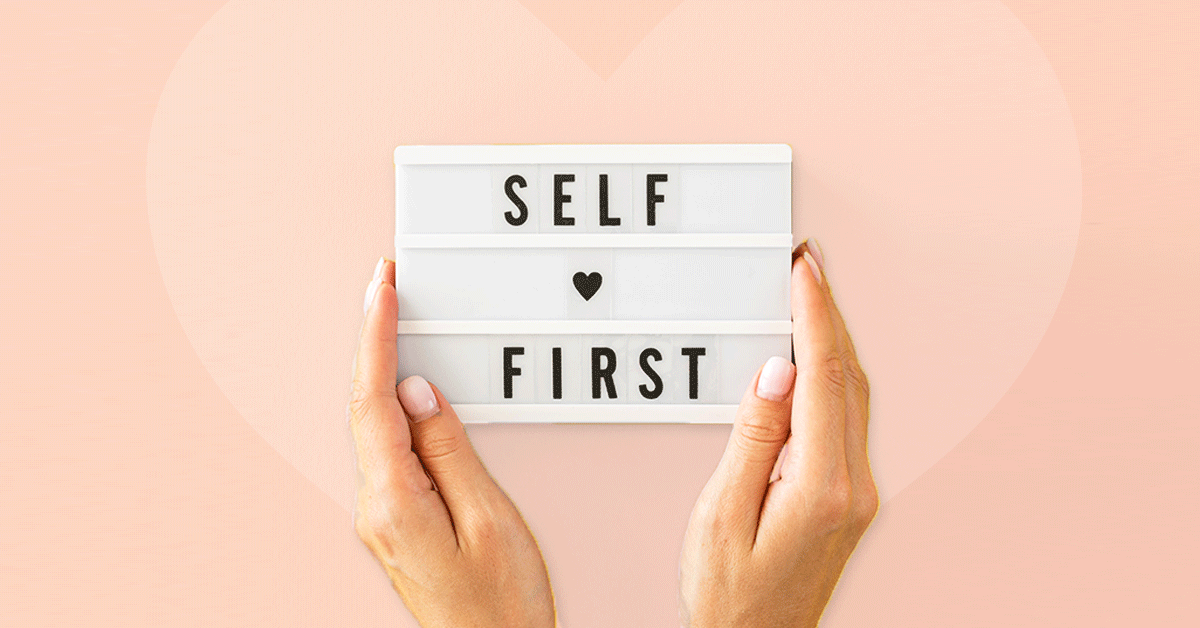Personal responsibility involves taking accountability for ones actions, together with its outcome and its impact on others. All our actions, reactions and decisions have consequences. When these results do not work as expected, we oftenpoint fingers and blame other people, situations or events. What we don't realize however, is the negative impact such habits can have on our personal and mental wellbeing.
Very often I hear people complaining and blaming others regarding their current or past circumstances. Statements such as "It's their fault" or "If it wasn't for them" is not rare. Similarly, they may also blame the situation or event by saying, "It was too hard" or "There was just no time". I believe that blame, excuse and denial have overall become a norm in our society. Research also depicts that most individuals today present with a high external locus of control. They believe that their present situations are dictated by external events of their life. However, I believe a person following such a path and not taking responsibility is simply disempowering themselves.
In the course of our lifetime, all of us will make several bad choices, judgements and mistakes. Often, we may be embarrassed and humiliated or simply in denial about what we have done. However, one must realize that accepting our mistakes and taking responsibility will only make us more powerful, mentally and emotionally.
By accepting our choices and taking responsibility, we will be standing up to ourselves. We will be empowering our character, which will overall help us become a better version of ourselves. This will also enhance our confidence and self esteem; a problem many clients in my practice suffer with. Sometimes, they may not even realize but by shifting the responsibility onto someone else, they are actually sabotaging themselves.
However, this process isn't easy and needs an individual to partake patience and commitment. It requires one to introspect and ask themselves questions like, "How did I contribute towards the situation that I am part of? "What was I hoping to achieve?" "What have I learned from what just happened?" "What can I do next time so that I don't repeat the same mistake?" One must be cautious though, as being this self-aware and accepting our flaws can often leave us in a vulnerable place. As a result, several people use professional and therapeutic help while doing so. Counselling and psychotherapy can help us realize that it is only through our imperfections that we can grow and mature further. We are all a work in progress and it is important to remember that only when we accept this can we grow and evolve into the person we want to be.
Lastly, once we have accepted our responsibility, we may feel an array of emotions including anger, irritation, frustration, guilt, sadness, etc. It is important to remember that it is equally essential to forgive ourselves, as it is to accept our flaws. Counselling and psychotherapy can therefore help one achieve this by being mindful and help us accept our present responsibility to bring upon a change rather than dwell in the past. We are responsible for our own state of mind and therefore need to take an initiative towards it.






